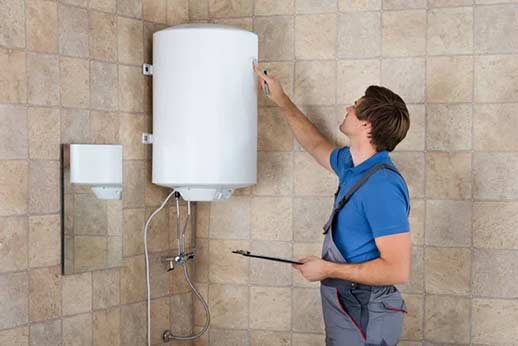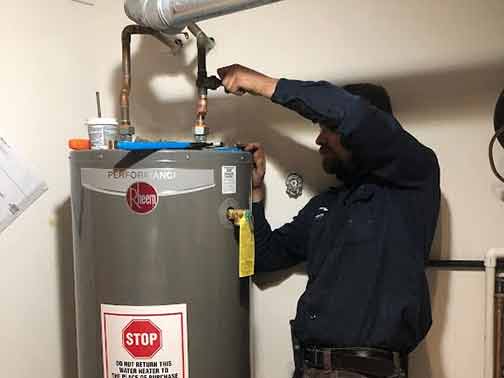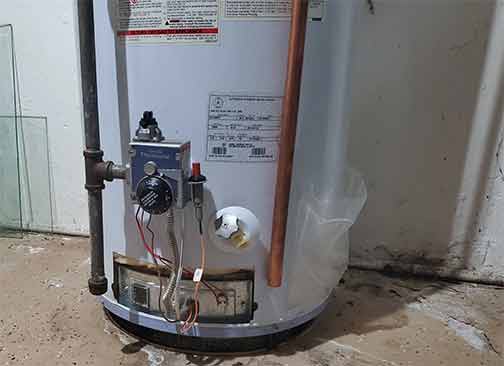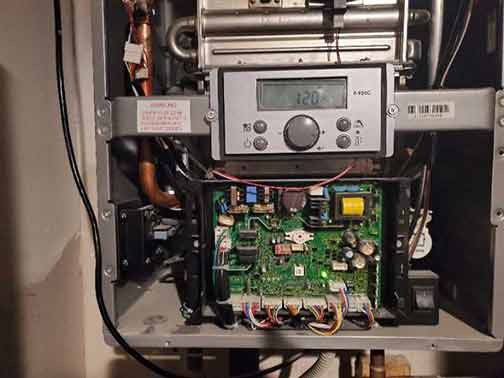
Choosing the right water heater for your home is the most essential step for ensuring the efficiency and longevity of this indispensable household appliance. Most of the issues homeowners have with their water heaters come from mistakes when buying the unit, notes Schambs Property Management team .
Unlike other water heater problems – most of which can be fixed – there is nothing you can do to correct the mistake of buying the wrong water heater for your home. The only two ways to deal with the problem are to keep living with the consequences of your error or buy another water heater.
That is why it is vital to research before buying and installing a new water heater for your home. Your home has unique hot water needs, and not every water heater can meet those needs. That is why, before you pull out your card to pay for a water heater, you must ensure it is the right one for your home.
5 tips to help you find the ideal water heater for your home
Water heater capacity or size
This is the most vital factor when selecting a water heater. A low-capacity water heater will see you running out of hot water, while one with excess capacity will increase energy costs. How do you determine the right size of water heater for your home? The US Department of Energy recommends a 50-60-gallon storage tank for a property of 2-3 people. For larger homes of 3-4 persons, a medium 80-gallon storage tank should be enough. A large tank is the best option if you have more than 4 people in your home. For tankless water heaters, look at the gallons-per-minute ratings and how many gallons of hot water the water heater can deliver within a minute.
The type of water heater
The second most important factor is the type of water heater. There are five types of water heaters, but only two are relevant for this post: conventional storage water heaters and tankless (or on-demand water) heaters. Tankless water heaters don’t have storage tanks but deliver hot water at a steady rate whenever needed. Storage water heaters have a large tank where they store heated water. From an energy-efficiency standpoint, the installation of a tankless water heater is a better option. However, they cost more. Storage water heaters are cheaper but have a shorter lifespan of 10-15 years compared to 20 years for tankless water heaters.
Type, availability and cost of fuel
The type of fuel your water heater runs on affects its size, operating cost and efficiency. Electricity is the most common way water heaters are powered. Electricity is widely available and works with every kind of water heater. Propane and natural gas are other popular options; they are available in most parts of the USA and are less expensive than electricity. Propane and natural gas are also very efficient. Depending on where you live, solar energy is an option worth exploring. Homeowners in the Southwest USA should seriously consider switching to a solar-powered water heater.
Water heater cost
This is not just the cost of purchasing the water heater but the cost of owning it. Storage water heaters have the lowest upfront costs, but maintenance cost rises as the reservoir ages. It costs more to buy a tankless water heater, but the operating cost is lower. Solar water heaters have the highest upfront cost, but this cost is easily recouped since you will not be spending money on electricity or gas. The type of fuel your water heater uses also plays a part in its operating costs. Gas water heaters are more affordable than electric water heaters. Solar water heaters have the overall lowest operating cost.
Water heater maintenance
Storage water heaters suffer from leaks/corrosion and need occasional descaling. If the water in your area is hard, the rate of scaling will be higher, and you will have to drain and flush the tank more often. Scaling affects the efficiency and longevity of your water heater. In addition to flushing the tank yearly, you need to replace the anode rod and relief valves in a storage water heater. But despite how much work it is to maintain a storage water heater, it is easier than maintaining a tankless water heater. Unlike storage water heaters, caring for a tankless water heater is complex.
To conclude, unless you are an expert, it is hard to make the right decision on the best water heater for your home all by yourself. That is why you should consider speaking with a professional plumber as you make these decisions. Remember that if you get it wrong, you will have to live with the consequences of your choices for a very long time.








